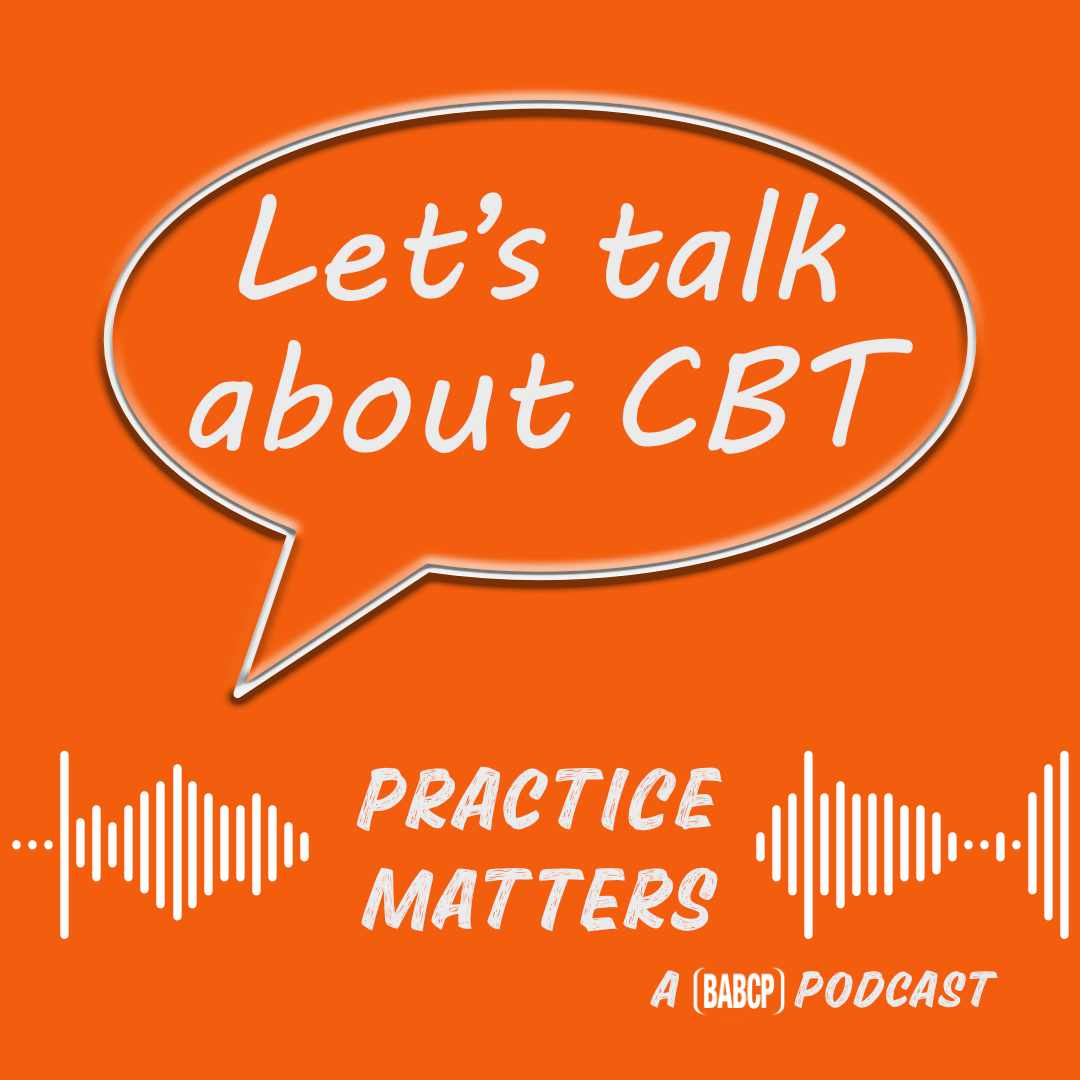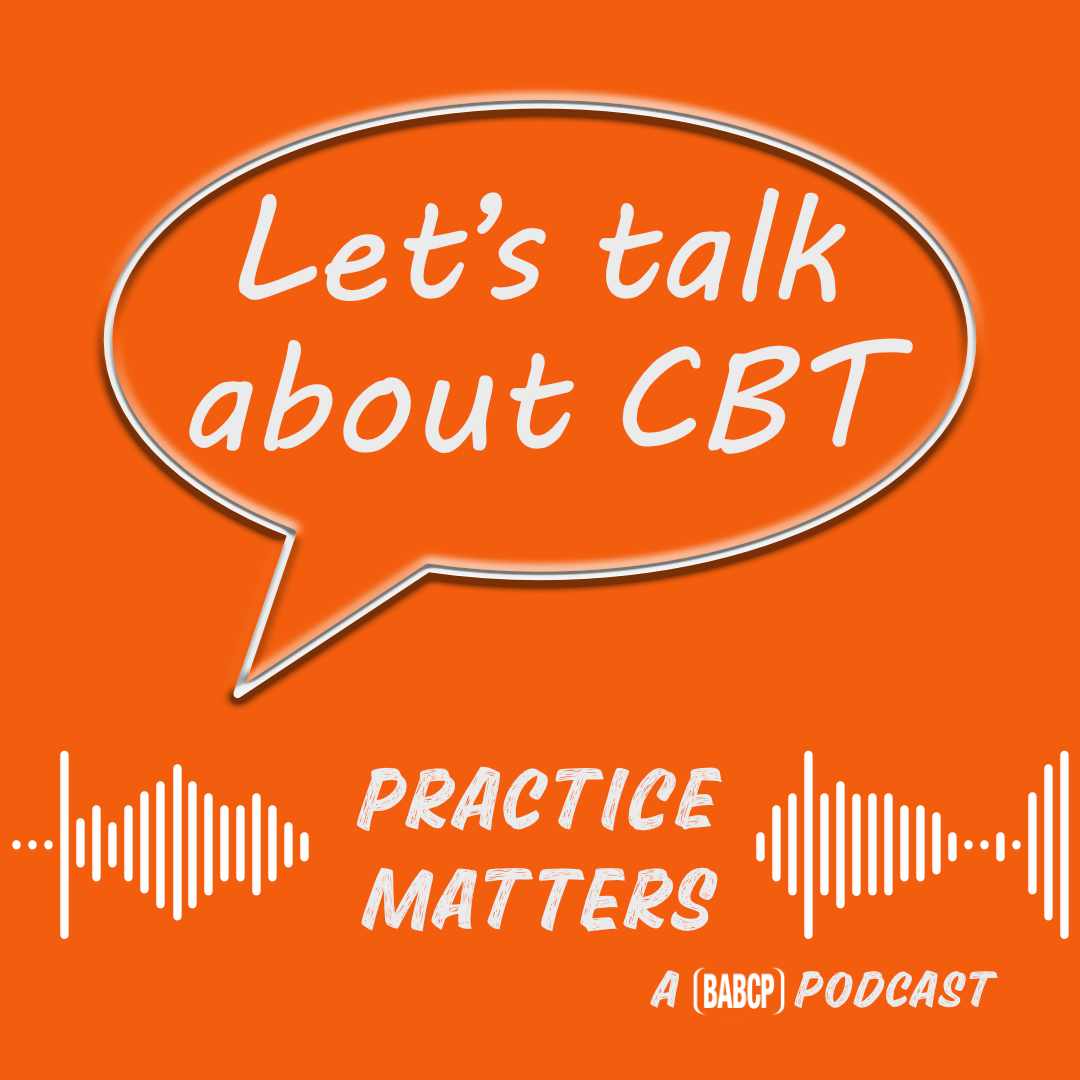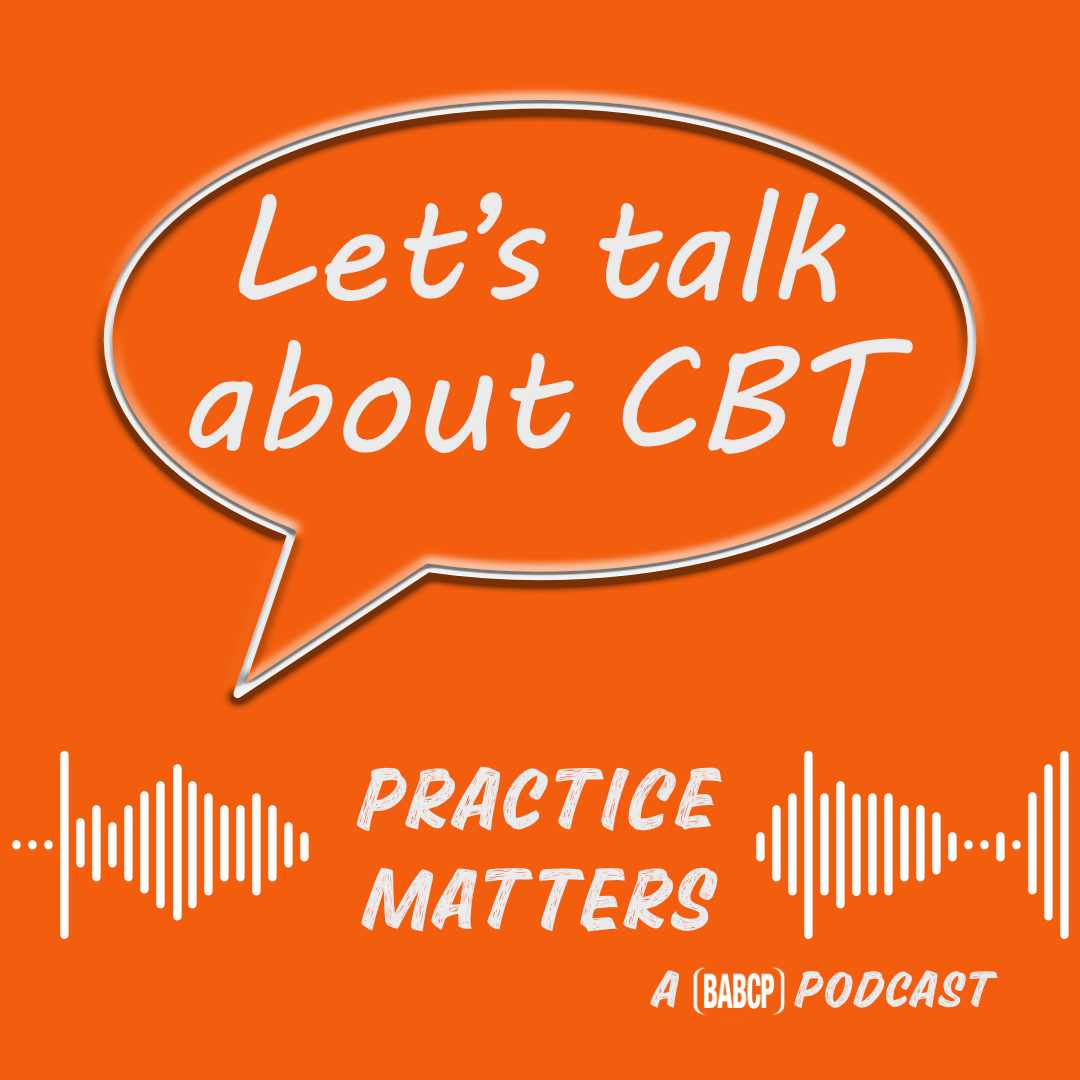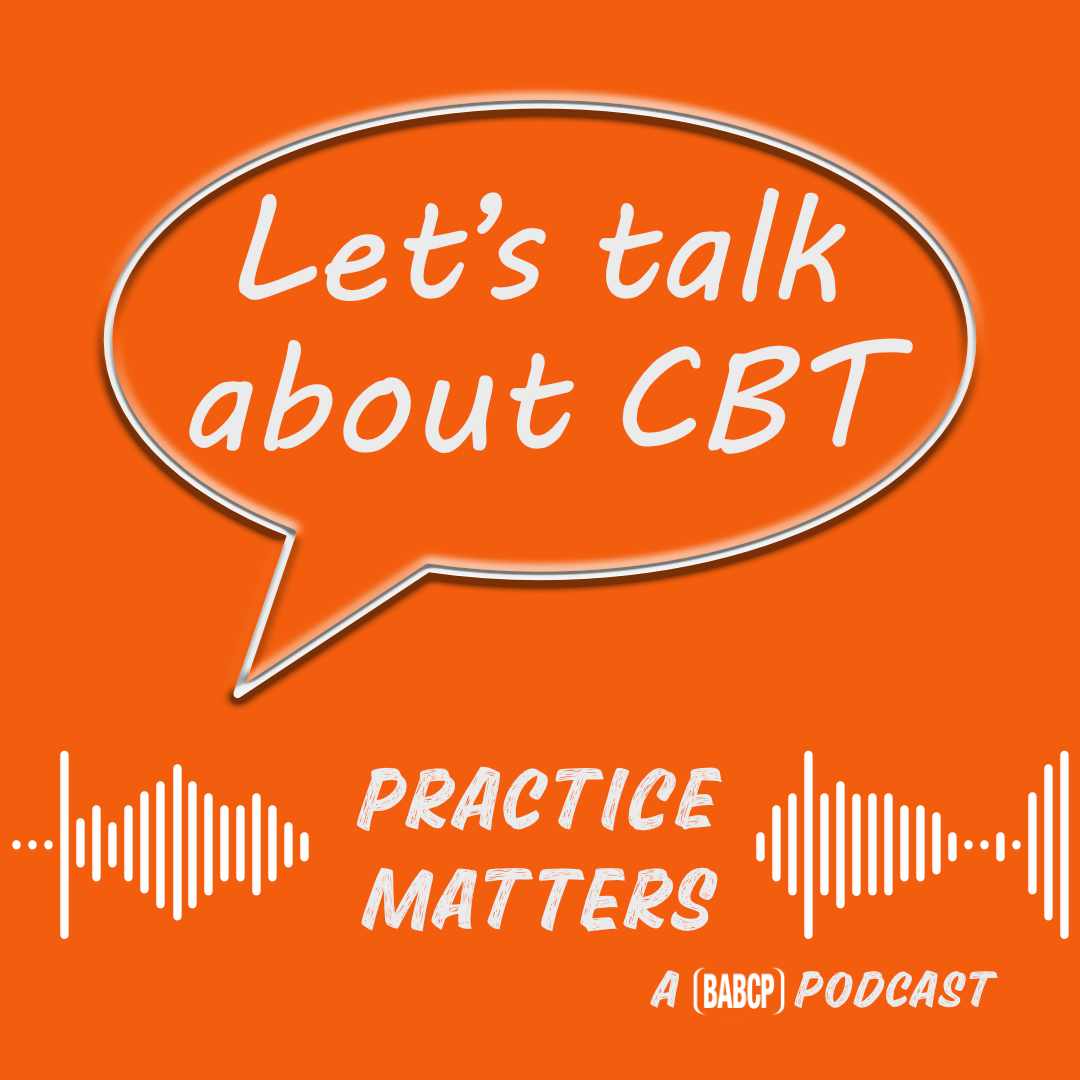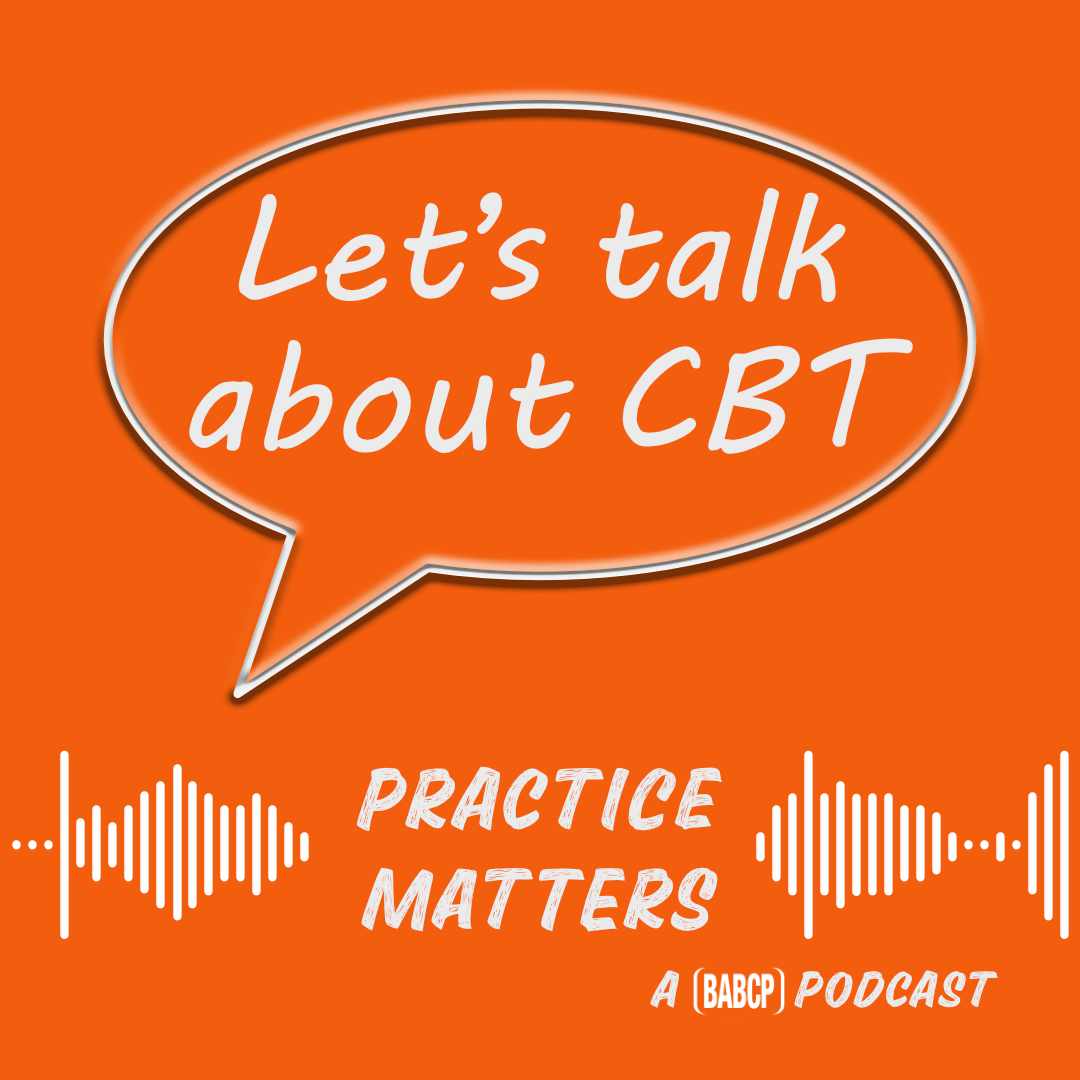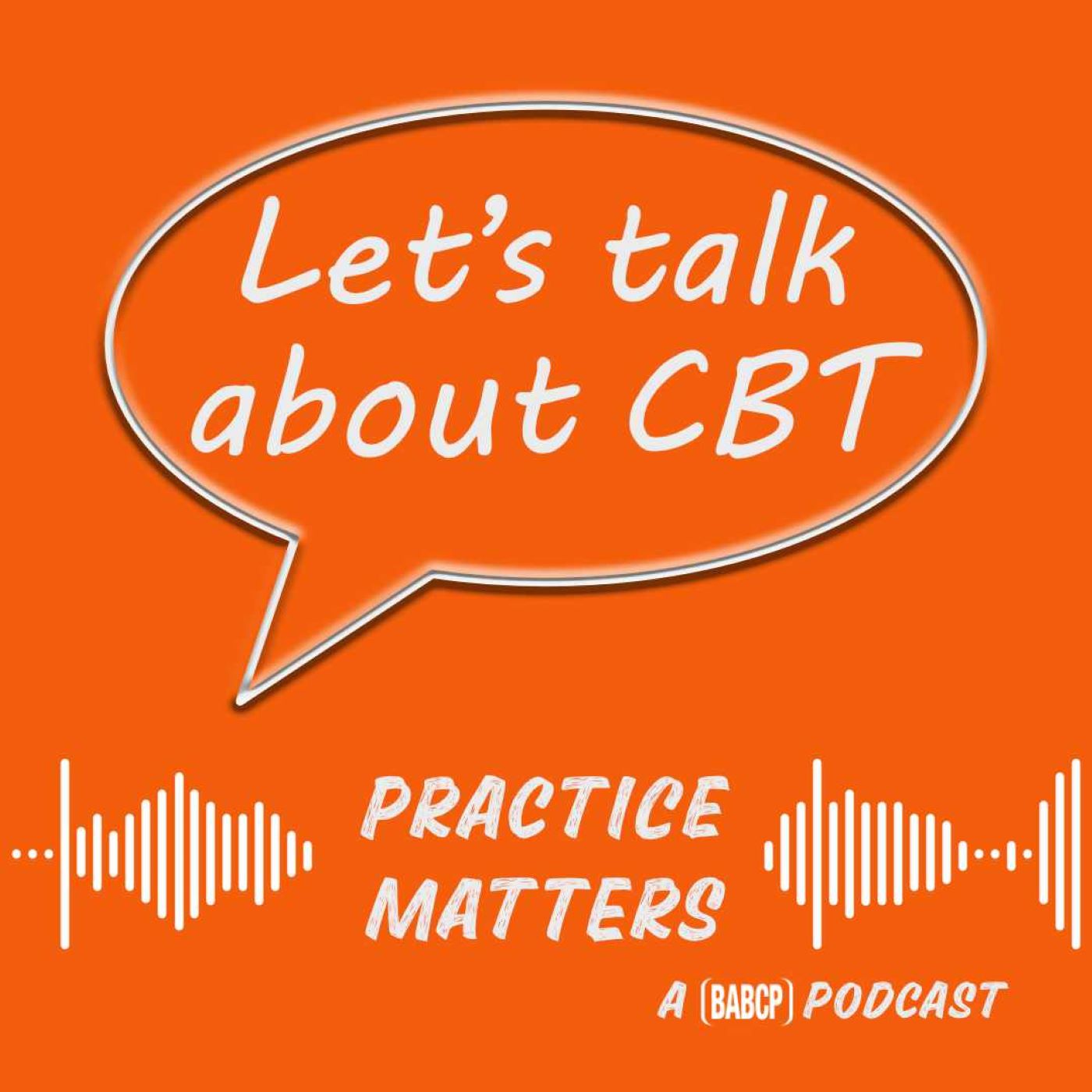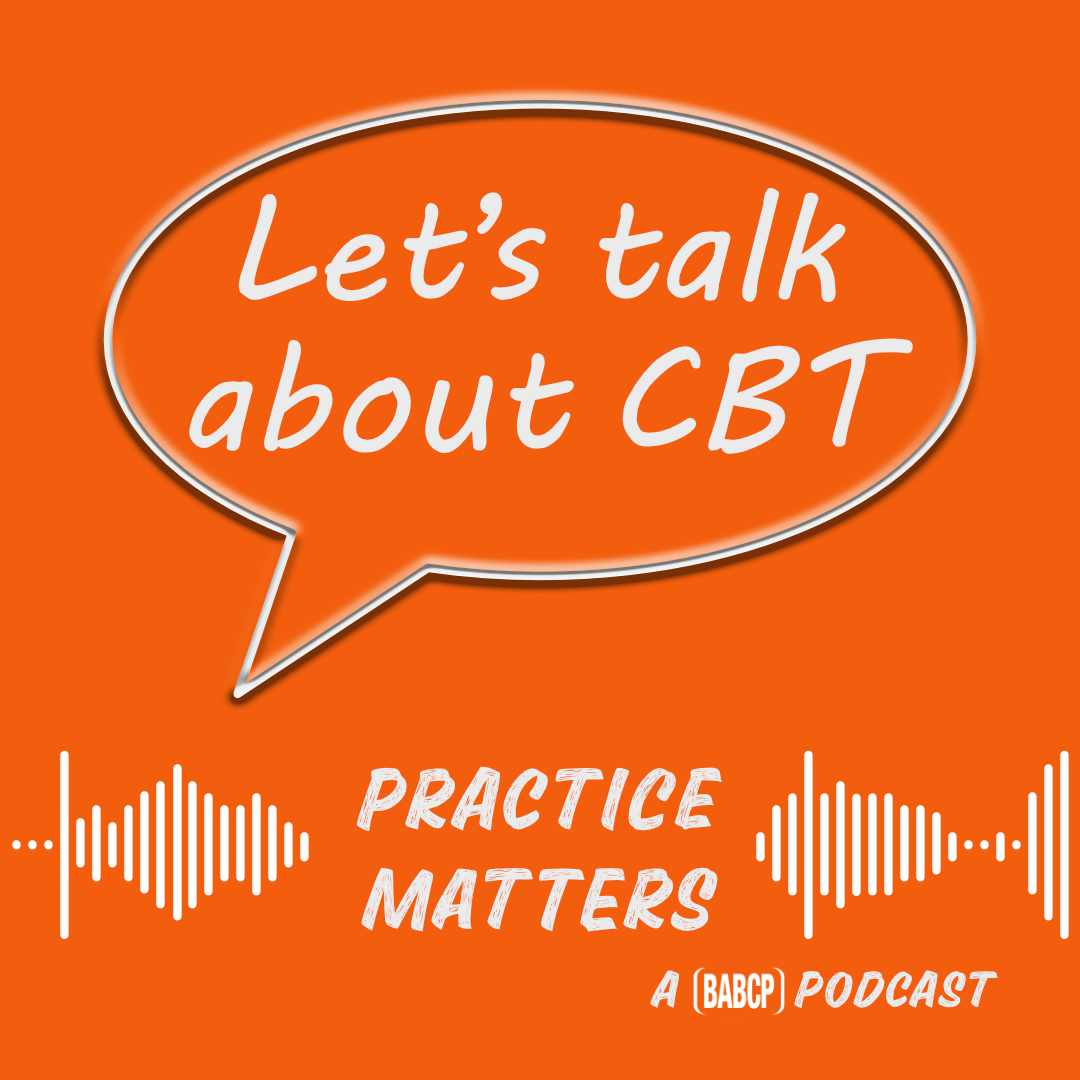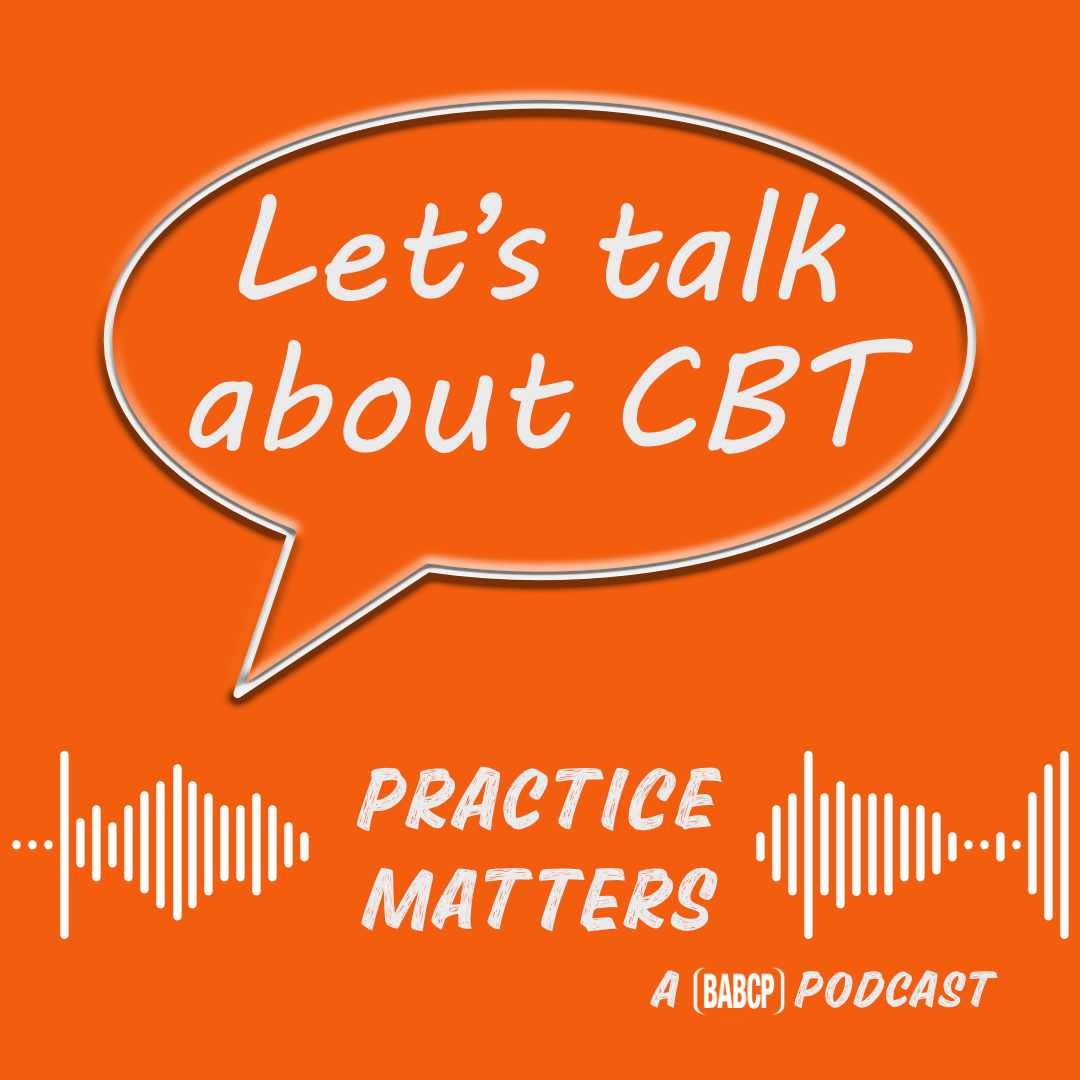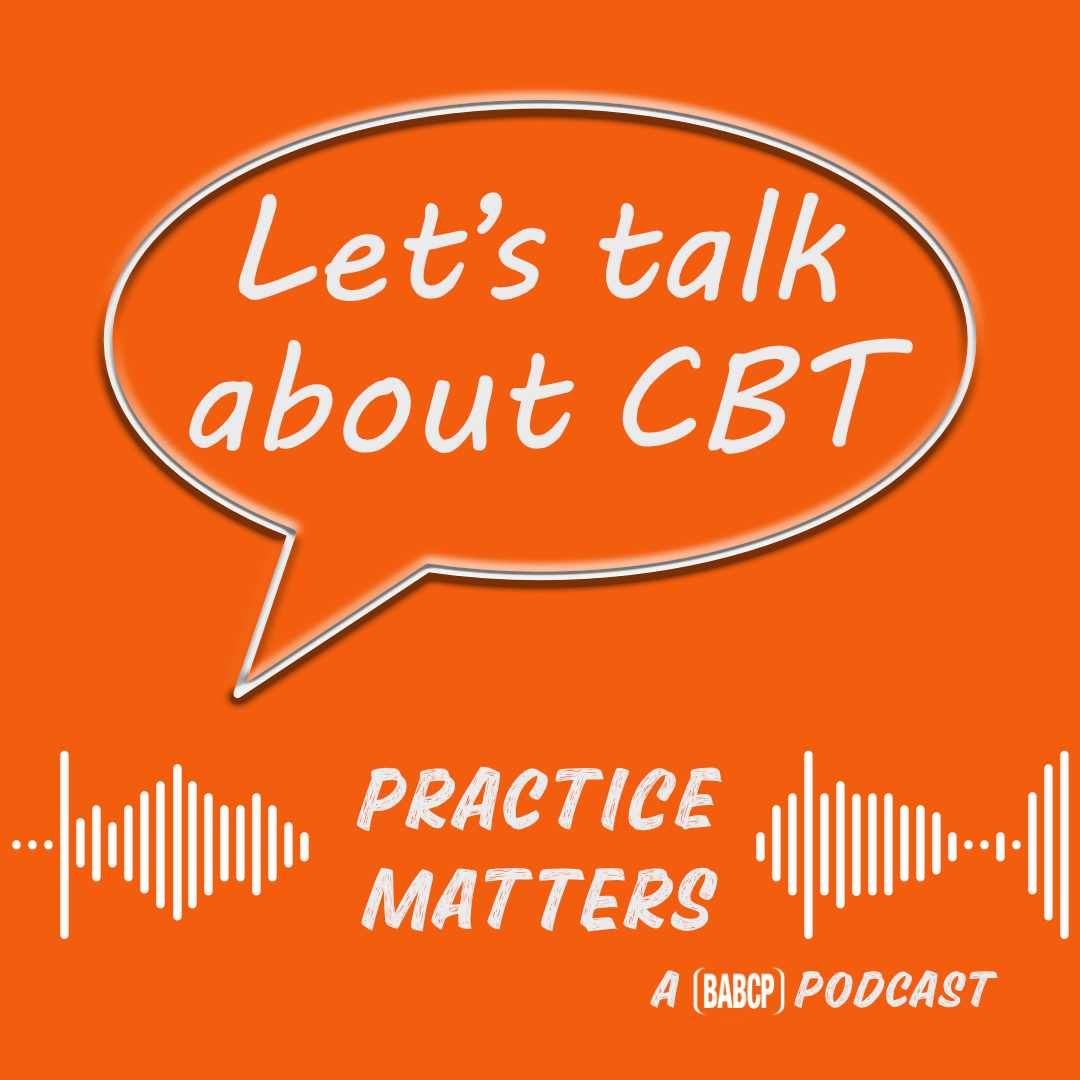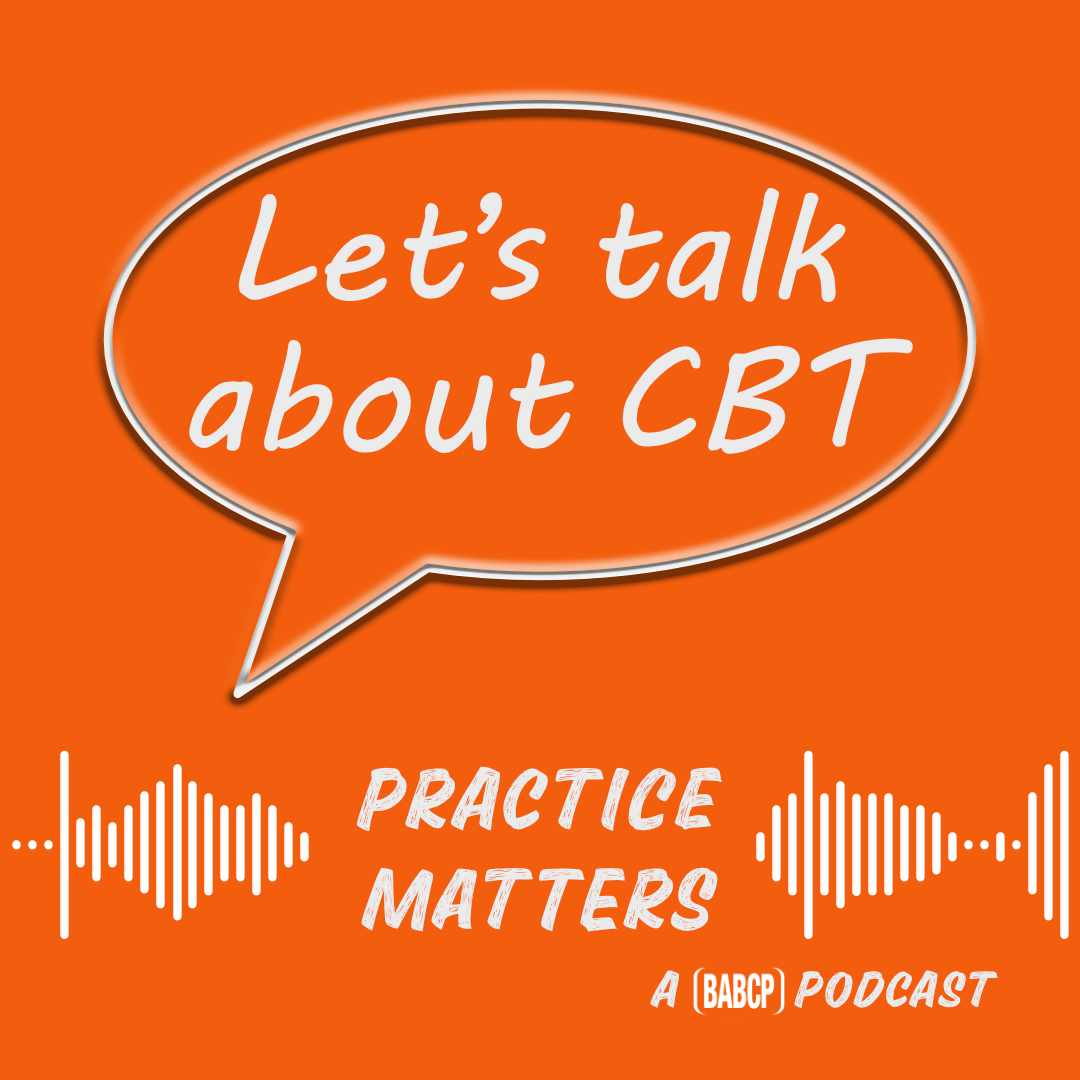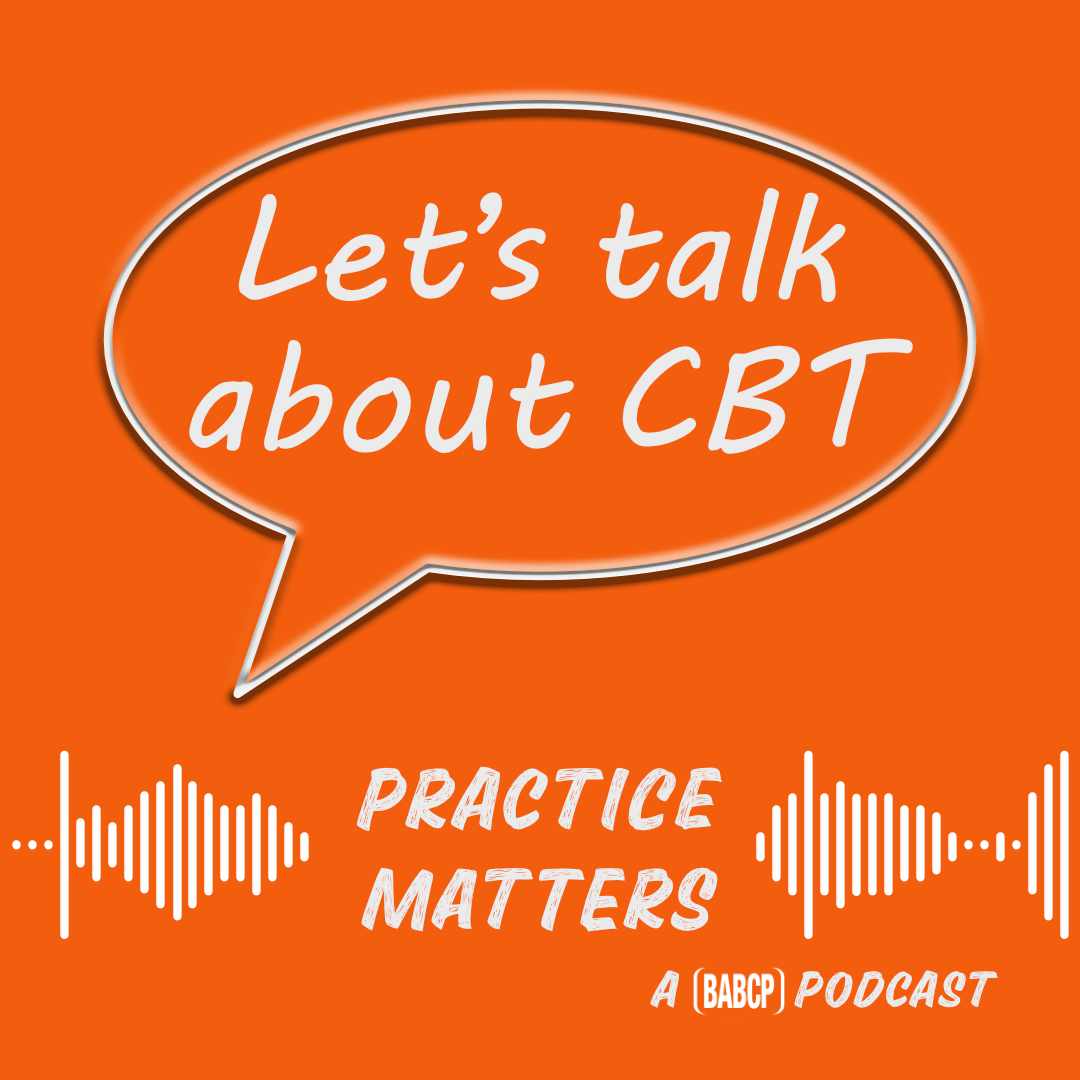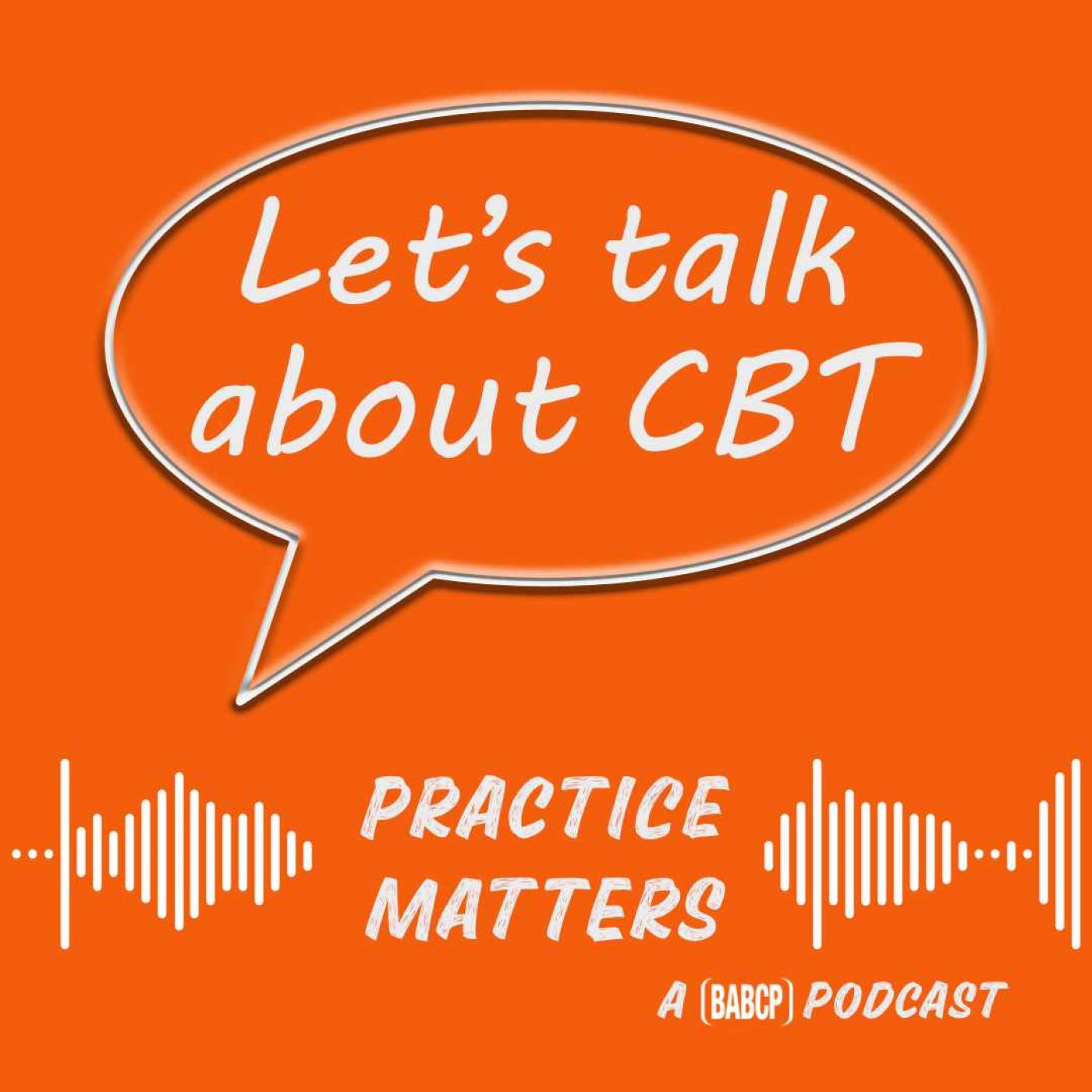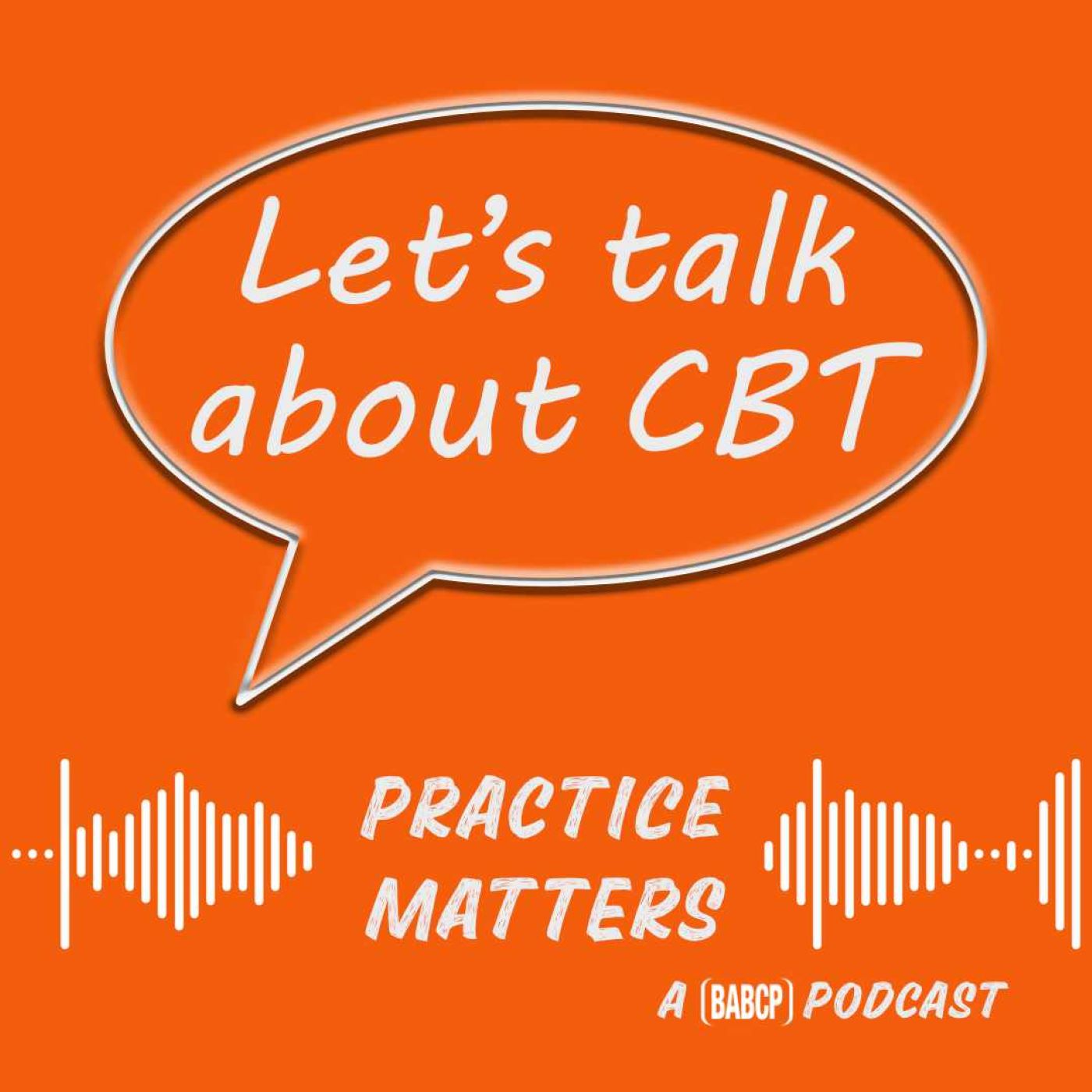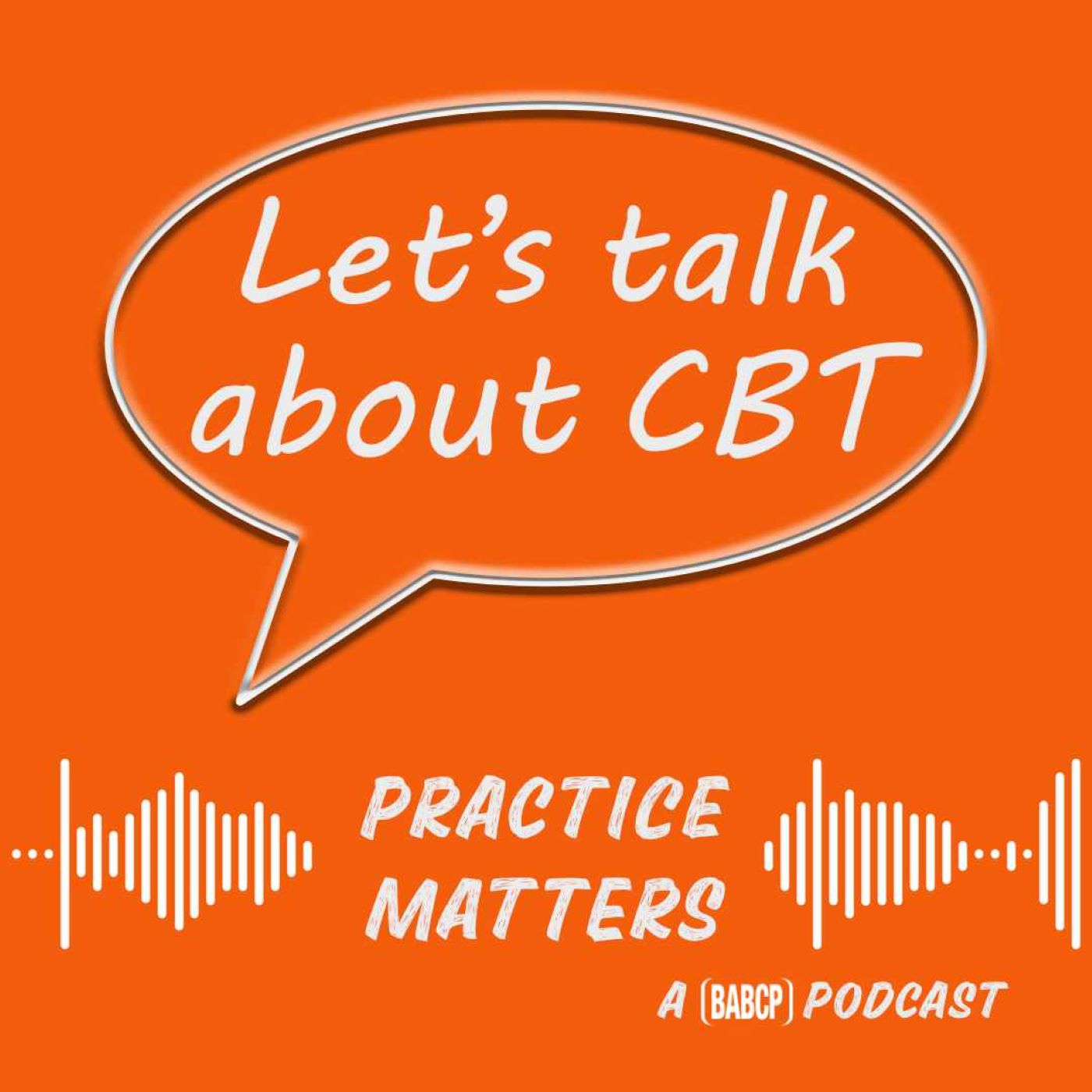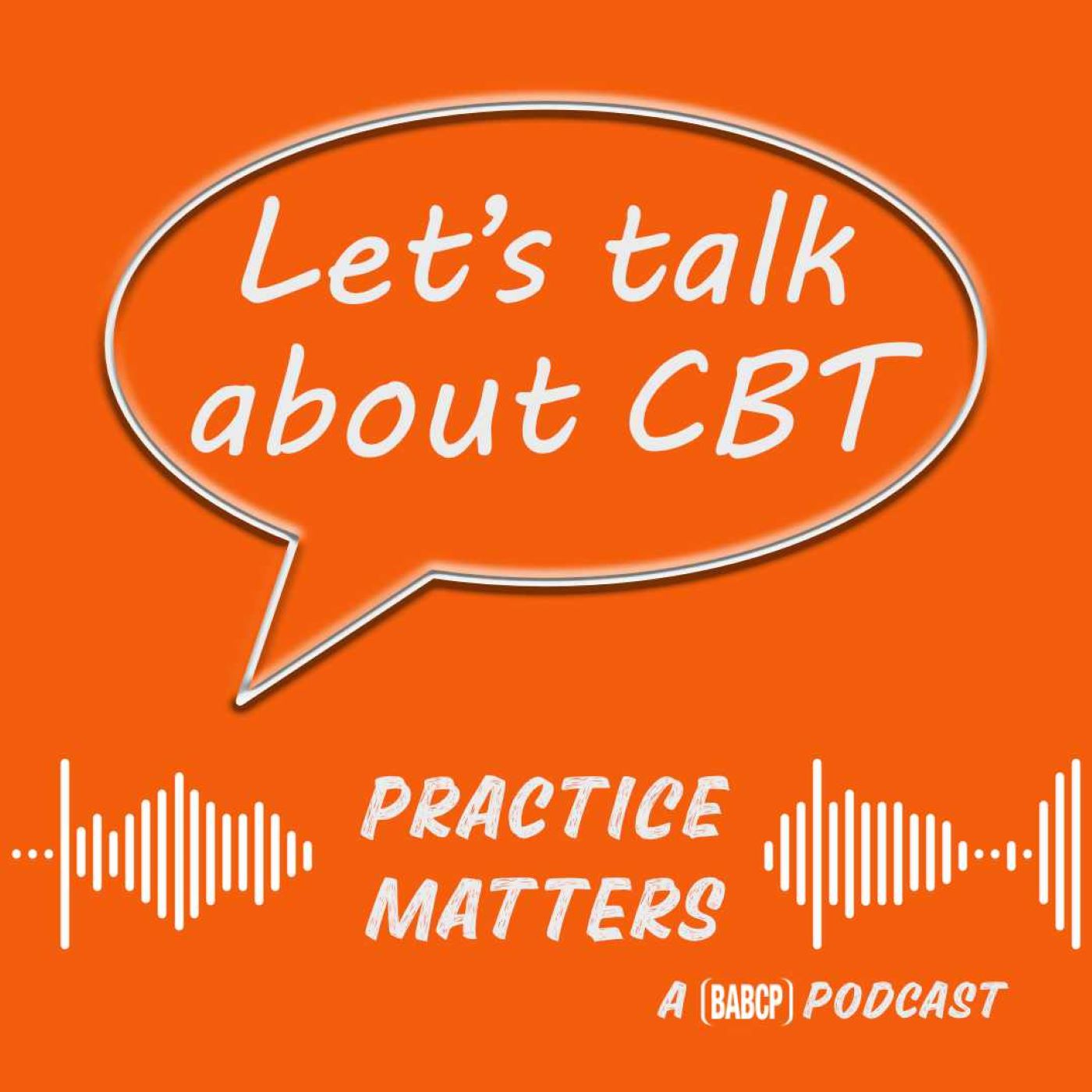Befriending the naughty black dog…. Prof Barney Dunn on learning to live well alongside depression
Description
In this episode, Rachel talks with Professor Barney Dunn, clinical psychologist and researcher at the University of Exeter, about his work on Augmented Depression Therapy (ADepT) a novel approach to treating depression that targets anhedonia (difficulty experiencing pleasure) and aims to boost wellbeing.
Barney shares personal and professional insights into why and how traditional CBT might be augmented to actively help people rediscover joy and meaning in life. He explains how ADepT, based on systematic research, integrates cognitive behavioural principles with techniques from ACT, mindfulness, strengths-based CBT and more, all aimed at helping clients live well alongside depression rather than simply reduce symptoms.
Whether you’re a therapist working with depression or simply curious about new directions in CBT, this episode offers a thought-provoking and inspiring conversation about what it really means to get better- and stay better.
Resources & Further Learning:
Find more information about Barney and his publications here
Find out more about ADepT here
Stay Connected:
- Follow us on Instagram: @BABCPpodcasts
- Send us your questions and suggestions: podcasts@babcp.com
- Subscribe and leave a review – and don’t forget to share this episode with your colleagues!
If you enjoyed this episode, check out our sister podcasts, Let’s Talk About CBT and Let’s Talk About CBT – Research Matters for more discussions on evidence-based therapy.
Credits:
Music is Autmn Coffee by Bosnow from Uppbeat
Music from #Uppbeat (free for Creators!): https://uppbeat.io/t/bosnow/autumn-coffee
License code: 3F32NRBYH67P5MIF
This podcast was edited by Steph Curnow
Transcript:
Rachel: Welcome to Let's Talk About CBT Practice Matters, the BABCP podcast for therapists using cognitive behavioural therapy with me, Rachel Handley. Each episode, we talk to an expert in CBT who will share insights that will help you understand and apply CBT better to help your patients.
Today, we're joined by Barney Dunn, a highly renowned research and clinical psychologist specialising in therapies to improve wellbeing and functioning in depression and related mental health conditions.
Professor Dunn is based at the University of Exeter, and he has a finger in many interesting pies, but today he's here to talk particularly about his work developing and implementing treatment for depression with a particular focus on symptoms of anhedonia. Thanks so much for joining us, Barney.
Barney: Thank you very much for having me, delighted to be here.
Rachel: And just as a starter, we want to think about how you got into this area of research. And as I said, you're interested in lots of different things, but you've devoted a lot of your time and effort to thinking about anhedonia. There's so much to fascinate in clinical psychology. I wonder what got you interested in the field of depression and specifically this anhedonia area personally and professionally?
Barney: Professionally, when I was doing clinical training and learning to cut my teeth with a lot of depression cases, hitting a point where I felt like I'd done quite a lot of work reducing the negative and reducing symptoms, but the job was only half done. And clients were saying things like, at the end of therapy, well, I'm not depressed anymore, but I'm still not quite sure what life's for and I'm not enjoying stuff. And I felt...Well, maybe I'm not doing CBT correctly, or maybe there's a bit of a trick missing about how we can do that stuff better. So that was the kind of professional route into it. The personal route into it was a bit more growing up with my dad. So I lost my mum when I was little and was very well supported by my family but seeing my dad in my eyes never quite get back to life, never rediscovering joy and connection and meaning and grinding through and turning the wheels, but not getting pleasure back and thinking there's a missed opportunity there. Even after the difficult, there's possibility for the good. And so that's the kind of personal motivation is thinking of clients like my dad, how could I help them get back to life when they've been through some difficulty and rediscover wellbeing and joy?
Rachel So that really meaningful connection for you from your own lived experience with being alongside someone who never got that meaning back. Those are big questions. And I hear what you say, you working in depression, you get good results with your clients in terms of their symptoms improving, but you talked about a job half well done or half done. Currently, how well are these symptoms targeted in mainstream treatments? I mean, it's a brave man who takes on, you know, Beckian cognitive therapy and thinks, right, we need to do better.
Barney: Well, I mean, we should follow the data. So if you do Beckian cognitive therapy and indeed any other evidence-based treatment for depression under ideal circumstances, really good therapists who are really well supervised, you basically get about 60 % of clients who will meet diagnostic remission at the end, half of whom will relapse within the next two years. So that's ultimately a 30 % proper response rate. And that means we leave a lot of people with a lot of distress afterwards, you know, 70 % of the people that are coming through our doors. If you look at NHS Talking Therapies reliable recovery rates for depression lag a bit behind anxiety recovery rates, and they're a bit below 40%. So more than 60 % of the folks coming through NHS Talking Therapies with depression will be depressed again within a couple of years. So there's definitely still a problem to solve and it feels like a really interesting and clinically important question to work on but one to be humble about because lots of really great minds and really hardworking people have thrown themselves at it, and what we've done is proliferated a lot of equally partially effective treatments but we haven't made any stepwise gains since Beck who did make that massive stepwise improvement in the late 70s.
Rachel: Yeah. So it's great that there's evidence-based treatments are out there, but there's still a lot of people that find that there's something lacking at the end of therapy or even don't improve. So if we treat the sort of negative feelings, so there's negative symptoms of depression. Doesn't that automatically also address some of this anhedonia or positive valence system? And if not, why not?
Barney: So I think that's the assumption we all came from to start with, which is there's a continuum of affects, which you go from being really negative, you get to this middle point where you've been meh, and then you move to this position where you're feeling really positive. So if you bring down the negative, the positive will inevitably increase. But then there's been some interesting other ways of thinking about that and recognising that they're at least partially dissociable systems, which means positive affect can move when negative affect doesn't move and vice versa. And again, just to come back to my dad as a case example, when my dad was dying of cancer, there was a lot of distress and difficulty and pain. And there wasn't a way to make that go away. He was dying of cancer, but that didn't mean there weren't things we could do to find wellbeing within the midst of that. One of my favourite memories with my dad in the last few months was he wanted to drive his car again, but he was on too much morphine to drive safely. So we put him on the sit on mower and drove around the garden, kind of destro

